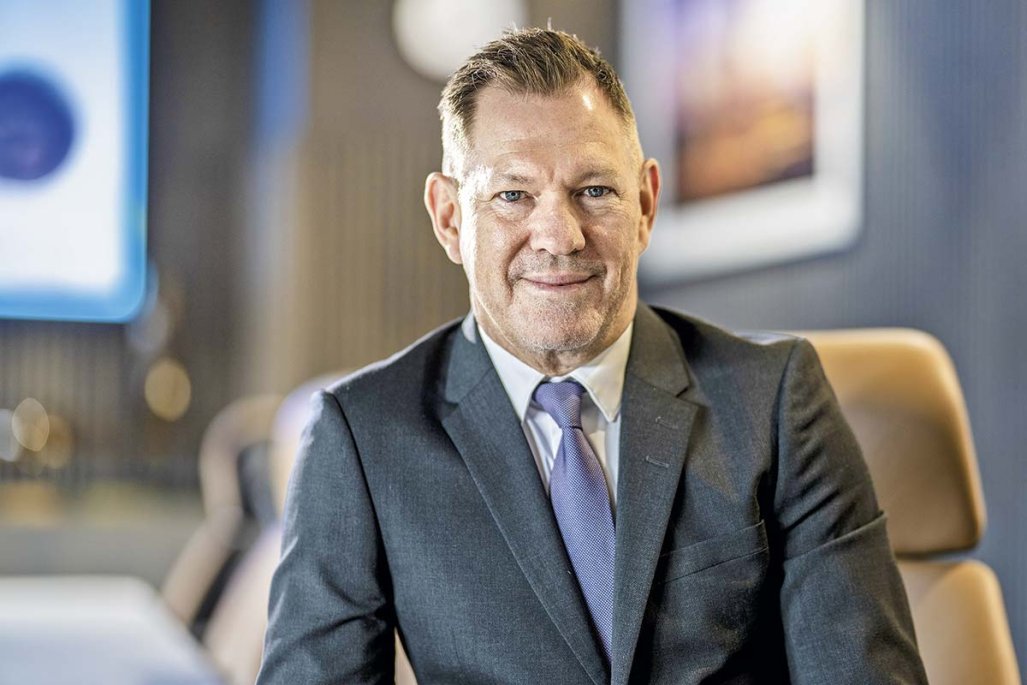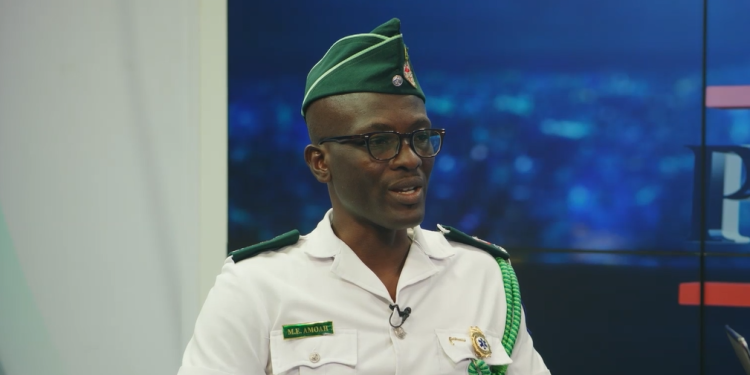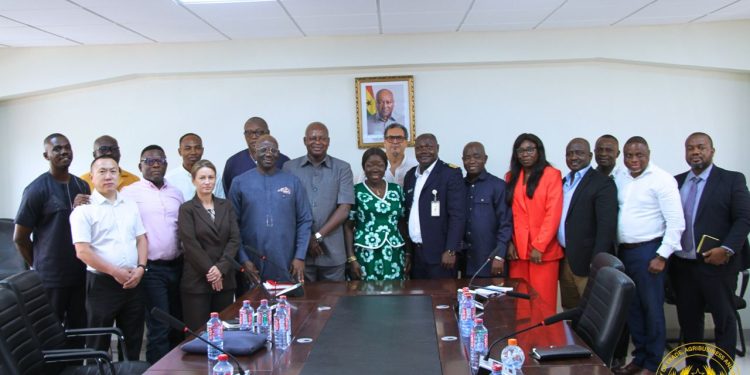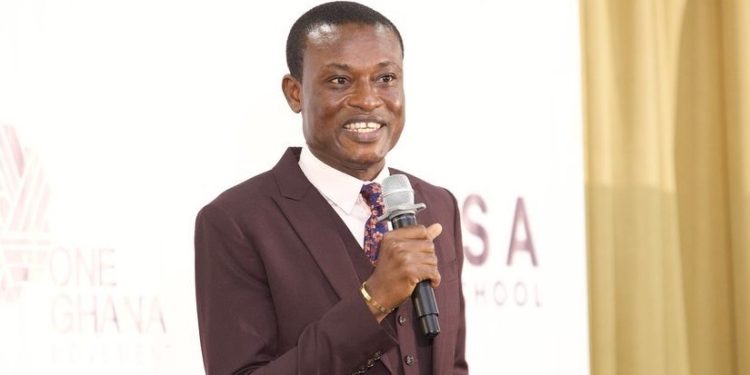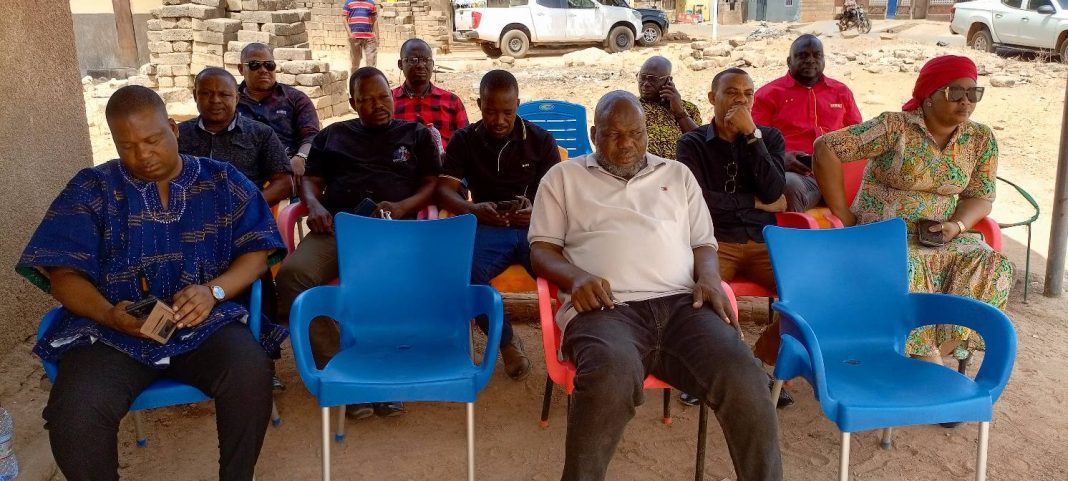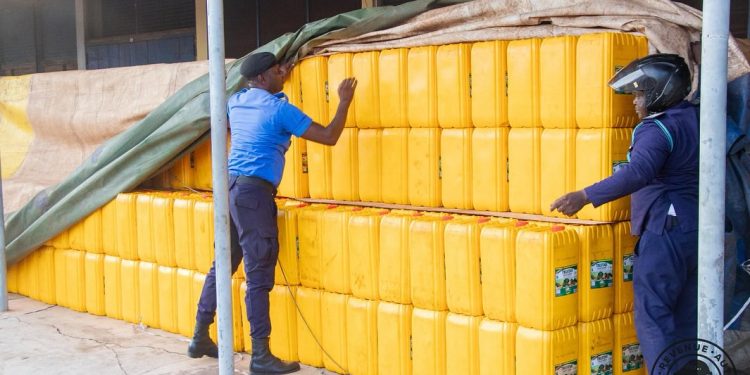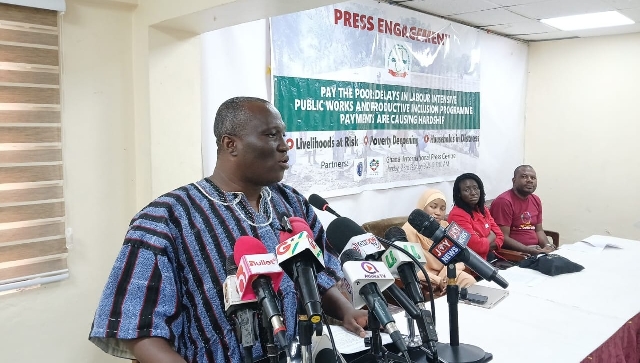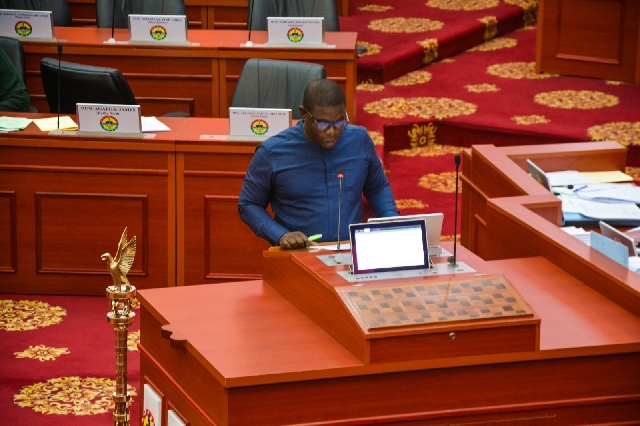Societal Norms Diluted, Leading to Increase in Witchcraft Accusations and Lynching—Prof. Millar

In a recent documentary titled “THE HORRORS OF WITCHCRAFT ACCUSATION”, produced Ngamegbulam Chidozie Stephen of ApexnewsGh, Prof. David Millar, President of the Millar Institute for Transdisciplinary and Development Studies (MITDS), shed light on the alarming rise of witchcraft accusations and lynching incidents in various communities. Millar attributed this trend to the weakening of societal norms. According to Prof. Millar, the dilution of societal norms can be attributed to the shrinking size of families and the weakening of family ties. Additionally, modern influences, such as changes in governance systems and perceptions of wellbeing, have played a role in altering the perception of poverty. These factors have collectively contributed to the increase in witchcraft accusations and subsequent instances of lynching. The astute Professor Millar further highlighted that accusations of witchcraft are typically targeted towards marginalized and vulnerable individuals. These individuals, often from poor and unknown families, become easy targets for labeling as witches. However, traditionally, being called a witch was considered a status symbol. Chiefs and elders in the northern communities of Ghana valued witches, as they were believed to possess the ability to predict calamities and serve as early warning systems for the community. Contrary to the traditional role of witches as spiritual protectors, the recent victims of lynching are individuals from families that do not have witches. Millar emphasized that these victims are not true witches, as their alleged witch status is a fabrication. The lynching incidents emerge from modern interferences that have distorted the understanding and appreciation of witchcraft in society. He further proposed that traditional structures and systems, such as chiefs, elders, and family heads, can protect accused witches in communities. Rather than relying on government or NGOs, he believes that involving the community itself is crucial for finding a solution to this pressing issue. Through community involvement, witchcraft accusations can be carefully evaluated, ensuring that innocent individuals are not unfairly targeted. To reinstate discipline and ensure fairness in the process of identifying witches, Prof. Millar suggested implementing a practice where the village chief and elders sip the concoction given to the alleged witch before it is administered. This approach would establish a sense of responsibility, preventing baseless accusations and promoting a more thorough examination of each case. However, Prof. Millar’s engagement with ApexnewsGh has unveiled the underlying causes of the surge in witchcraft accusations and the subsequent lynching incidents in Ghana. “By understanding the dilution of societal norms and implementing traditional protective structures, communities can work towards eradicating this dangerous and unjust practice”. Prof. Millar stressed The documentary was sponsored by MRG with support from MPEC Source: Ngamegbulam Chidozie Stephen Please contact Apexnewsgh.com on email apexnewsgh@gmail.com for your credible news publications. Contact: 0256336062
Prof. Amin Alhassan encourages the media to support an anti-witchcraft bill

Director-General of Ghana Broadcasting Corporation (GBC), Professor Amin Alhassan has encouraged Ghanaian media to support and give more attention to the Anti-Witchcraft Bill to help fastened its passage into law. Prof. Amin gave the hint during his presentation at the Regional high-profile roundtable programme on inclusive Journalism for senior Media Professionals and Editors in Accra on Wednesday, April 5, 2023. The one-day media dialogue which was organized by the Media Platform on Environment and Climate Change (MPEC) in collaboration with Minority Rights Group Africa (MRGA) also attracted stakeholders and journalists from Sierra Leone, Senegal and Ghana with funding from the European Union (EU), under the “Engaging Media and Minorities to Act for Peacebuilding” (EMMAP) Programme. Meanwhile, EMMAP aims to “raise public awareness of the interconnections between conflict, migration, and minority exclusion to help build and consolidate sustainable peace in Ghana, Senegal, and Sierra Leone. The High-Profile Round Table on Inclusive Journalism is one of the key activities being implemented under EMMAP. Participants at the dialogue meeting include persons with disability rights activists, youth activists, gender activists, child rights activists, migrants’ rights activists, and journalists. Apexnewsgh.com/Ghana Please contact Apexnewsgh.com on email apexnewsgh@gmail.com for your credible news publications. Contact: 0256336062



